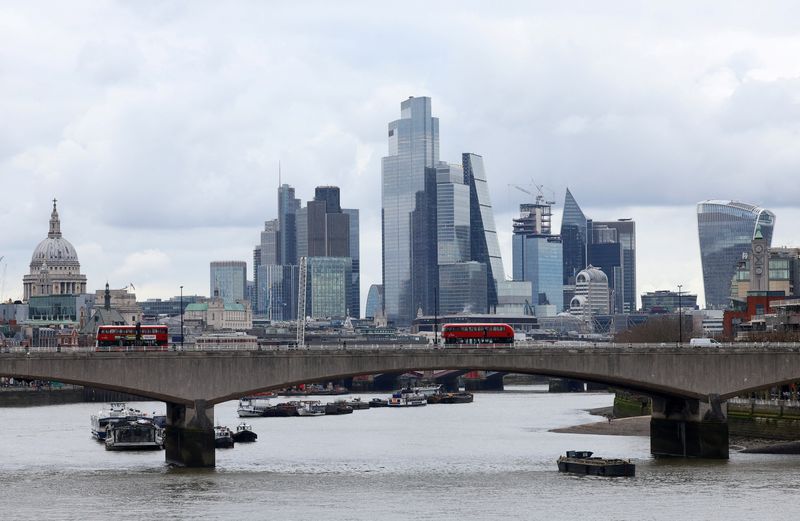Senate Republicans to challenge auto safety mandates in January - WSJ
Investing.com -- Up to 3 million low-skilled jobs could disappear in the U.K. by 2035 as automation and artificial intelligence reshape the labor market, according to a report by The Guardian, citing new research from the National Foundation for Educational Research (NFER).
The study finds that roles in trades, machine operations and administrative work face the highest risk of displacement, while demand is set to rise for highly skilled professionals as technology accelerates workloads “at least in the short to medium term.”
Overall, the NFER projects that the U.K. will add 2.3 million jobs by 2035, but the gains will be unevenly distributed, tilting heavily toward professional and associate professional roles.
The conclusions diverge from several recent studies that highlighted risks to high-skilled, high-income positions. Research from King’s College in October estimated that “higher-paying firms” saw job losses of about 9.4% between 2021 and 2025, much of it occurring after the launch of ChatGPT in late 2022.
Government assessments also list management consultants, psychologists and legal professionals among occupations “most exposed to AI,” while manual workers such as “sports players,” “roofers” and “bricklayers” are viewed as less vulnerable.
Several companies have already linked workforce adjustments to AI. Clifford Chance last week announced it would cut around 10% of business services roles at its London office — about 50 jobs — citing the technology as a factor.
The chair of PwC also recently softened plans to hire 100,000 people between 2021 and 2026, saying “the world is different” and AI had altered the firm’s needs.
But Jude Hillary, one of the NFER report’s authors, argues that broader economic conditions may be driving much of the current retrenchment. He said predictions of large-scale AI-induced job losses may be arriving too early and suggested that weak growth, higher national insurance costs and corporate caution are influencing decisions.
“There’s this general uncertainty about where things are going,” Hillary said, adding that “probably what’s happening is a lot of employers are just sitting tight.”
Hillary warned that the most troubling outcome would be the erosion of lower-skilled jobs, as many displaced workers are expected to struggle with retraining and re-entry into a labor market increasingly shaped by professional roles.
“Displaced workers, the one to three million that we talk about in our report, face significant barriers to get back into the labour market,” he said.
